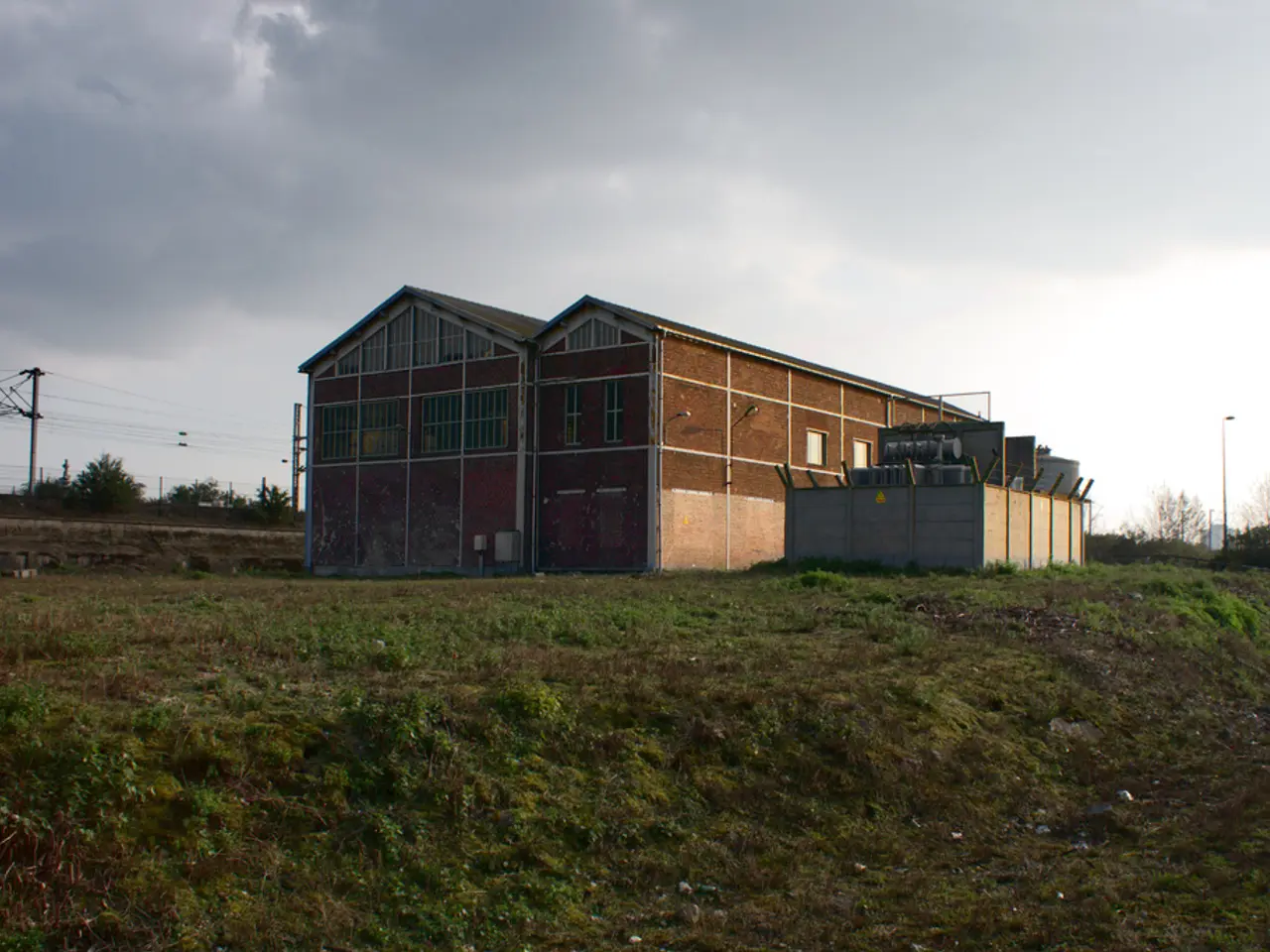Decision on Implementing Electricity Tax Sparks Outrage Among Coalition Members - Decision on electricity tax by the coalition sparks controversy
In a move that has sparked widespread criticism, the current German government, composed of the Union (CDU/CSU) and SPD, has decided to limit the electricity tax cut primarily to industrial and agricultural sectors, excluding households and small businesses from immediate benefits. This selective approach marks a departure from the coalition's original promise to reduce electricity taxes "for all."
The Federal Ministry of Finance has set eligibility criteria focusing on businesses with annual electricity consumption exceeding 12.5 megawatt-hours or an electricity tax liability of at least 250 euros. This aims to include many small and medium-sized enterprises (SMEs), but not households or smaller firms.
Parliamentary leaders from CDU/CSU have advocated expanding these benefits further, acknowledging fiscal constraints and the need for gradual implementation due to post-recession financial limits. The government, however, maintains that households will still receive indirect relief by 2026 through planned reductions in grid fees and the abolition of the gas storage levy, but direct electricity tax cuts for households are not currently on the table.
This selective relief has stirred criticism from various stakeholders. Industry associations lament the breach of the coalition agreement, warning of trust erosion and market distortions, as well as missed opportunities to stimulate investments in climate-friendly technologies like heat pumps and electric vehicles.
The rationale for focusing on industry is partly linked to new EU rules permitting subsidies to energy-intensive companies that commit to decarbonization, which Germany plans to leverage alongside tax cuts to support industrial competitiveness and climate goals.
The coalition's phased and selective approach has created tensions among coalition partners, with calls for clearer implementation strategies and timelines to deliver on broader relief promises. The debate continues, with some political factions pushing for broader and faster tax reductions to align with the original coalition commitment.
Chancellor Friedrich Merz has emphasized that the government wants to do its work "with honesty" and that public finances will be under pressure in the coming years. The controversy over the power tax reduction serves as a first warning signal for the Chancellor, as he doesn't want disputes that overshadow everything.
Despite the controversy, the government's decision to focus on industry and agriculture is not without merit. By targeting sectors that are significant consumers of electricity, the government aims to support industrial competitiveness and help Germany meet its climate goals. However, the exclusion of households and small businesses from immediate benefits has led to a sense of unfairness and disappointment among these groups.
As the debate continues, it remains to be seen how the government will address these concerns and whether it will be able to deliver on its promise of electricity tax relief for all in the coming years.
- The decision by the German government to limit electricity tax cuts primarily to industries and agricultural sectors has sparked criticism from various EC countries, as it goes against the principle of free movement of workers, potentially creating unequal economic opportunities across Member States.
- The controversy surrounding the power tax reduction has extended beyond the national sphere, with industry experts and finance analysts debating its implications for politics and general-news, discussing whether the selective approach undermines Germany's reputation for fair economic policies and its commitment to sustainable development.




